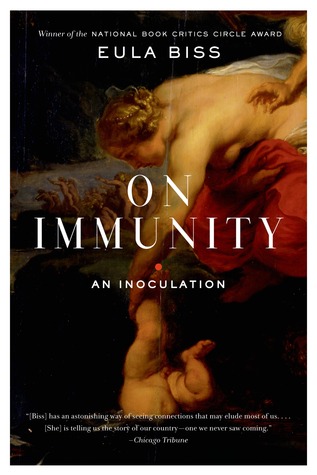Inspired by the pleasure I gained from reading Citizen cover-to-cover, the first time I had ever done so with a book of contemporary poetry, I decided to do the same with this little volume. I was so glad I did.
Najwan Darwish is a Palestinian and is (unbeknownst to me until a few weeks ago) one of the pre-eminent Arabic language poets.
He deserves it.
Nothing More to Lose is a collection largely emphasizing themes of displacement, loss, war, brutality, and the love of family. It is a painfully clear-eyed look at the Israeli-Palestinian conflict, and even as I read it I felt my frame of reference for that war shifting.
Just as Maus by Art Spiegelman frames my understanding of the Holocaust (not necessarily because it's the most important book written about the Holocaust but because it is the book that spoke to me most clearly, the book that is seared into my mind), just as The Things They Carried frames my understanding of the Vietnam War . . . Nothing More to Lose is becoming my frame for the Israeli-Palestinian conflict.
Let's put historical importance aside for a moment.
Damn, the man writes well.
I read a lot of poetry, OK? I read poetry for one publication and edit poetry for another. I probably read at least a dozen to two dozen poetry submissions a week, plus the poetry reading I do for pleasure. Almost no one can write about emotionally charged injustices (emotionally charged anything) without collapsing either into the sentimental or the polemic.
By way of illustrative example, let's take the Cancer Poem. On the one hand, some poets enjoy painting a Hallmark portrait of the Noble Sufferer. On the other, some poets enjoy writing about Inhumane Modern Medicine. On the third hand, other poets (or poetasters, perhaps I should say) take an even lower road and write about the Ennobling Truths of Suffering, and Everyone Is All The Same Underneath. Hurk. The same three tropes pop up again and again in many poems about suffering of all sorts.
Najwan Darwish does none of these things. He does for the poetry of war what Jane Kenyon did for the poetry of illness. He writes about moments, about details, and the emotional detonations that a detail can encompass.
He writes honestly but unsentimentally. His writing shocks, but he is not writing to shock. He is writing to be true. And oh, he is.
Verdict: Poetry lovers, read this book.





